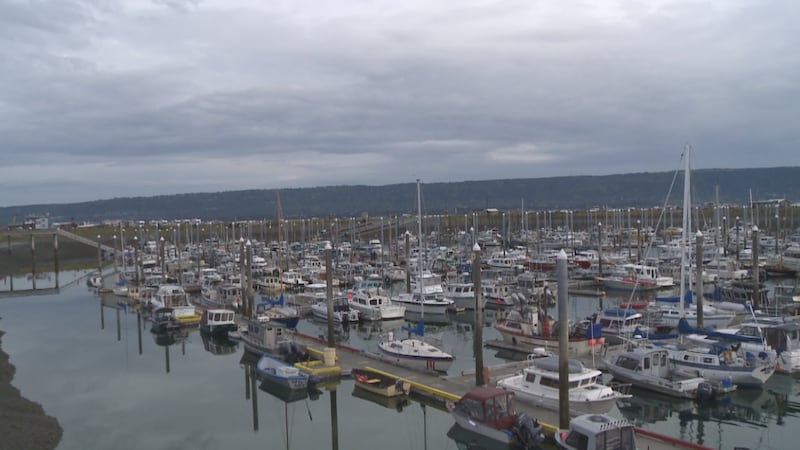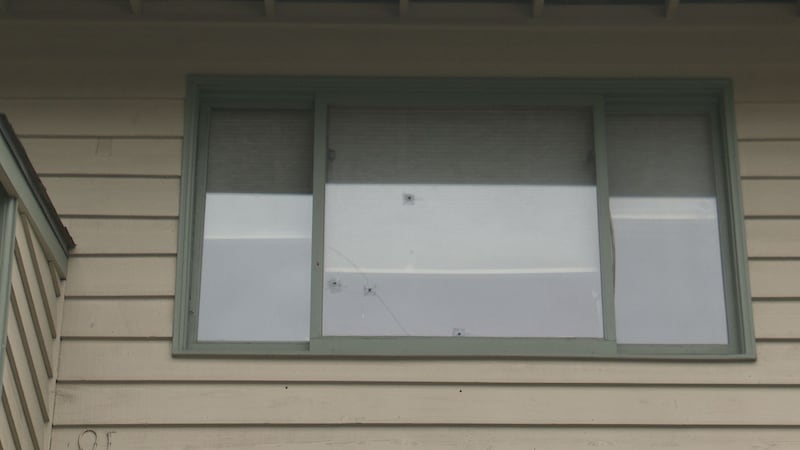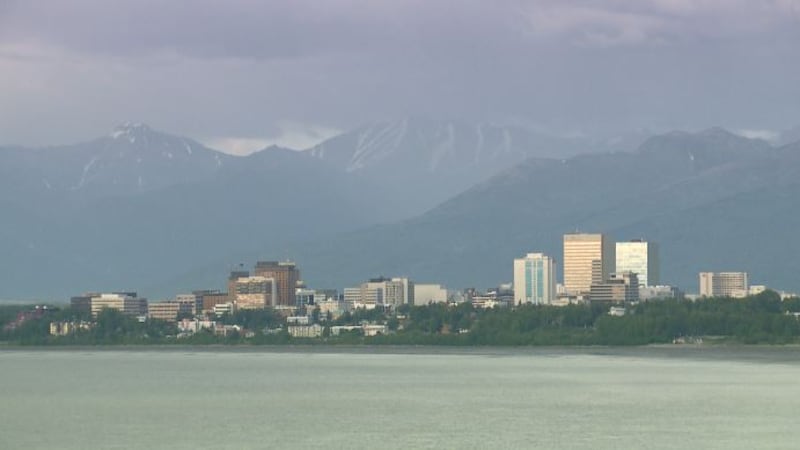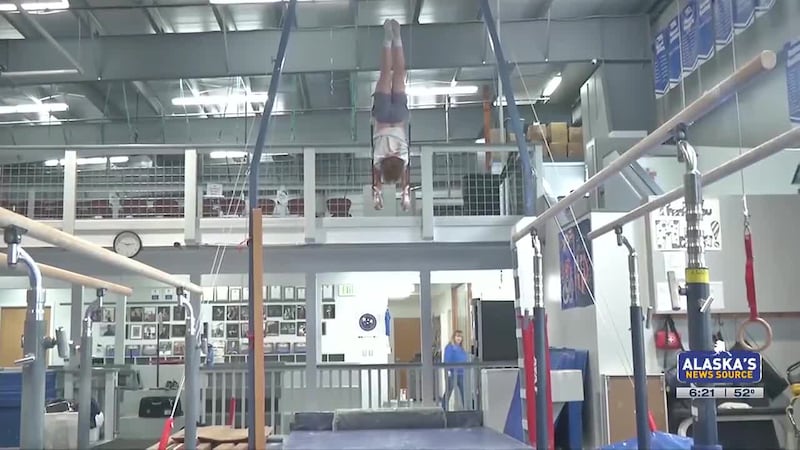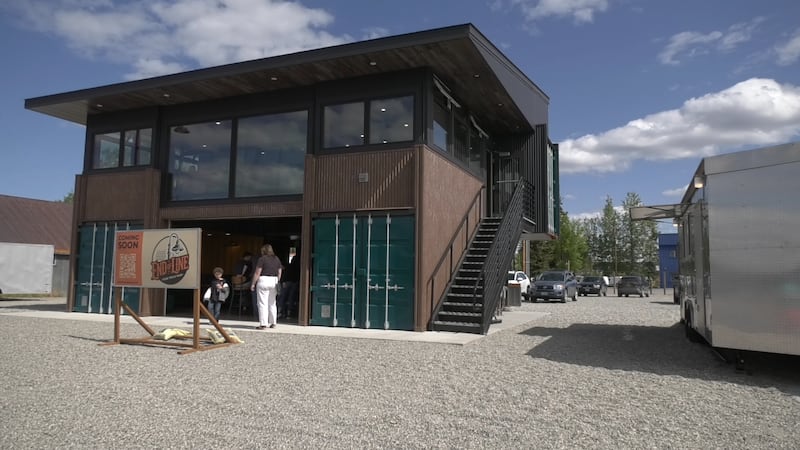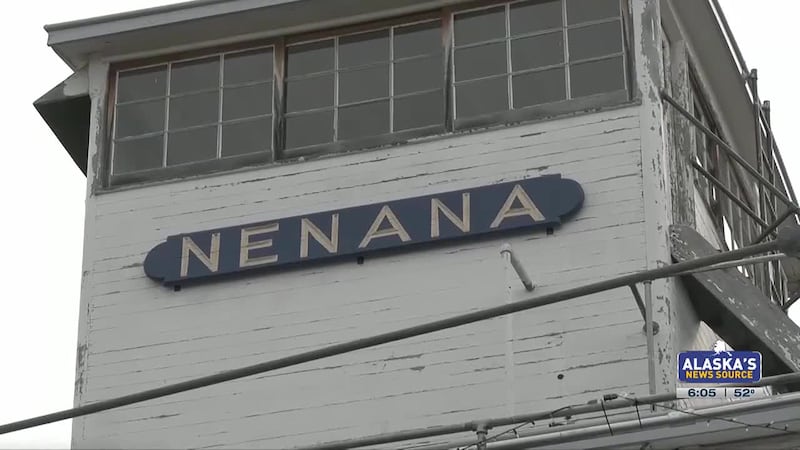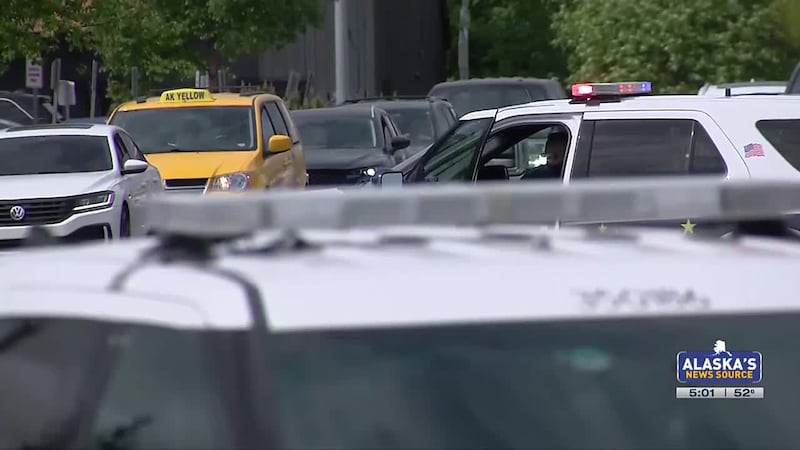Alaskans eye Essential Air Service cuts proposed by the Trump administration
ANCHORAGE, Alaska (KTUU) - The Essential Air Service (EAS) is one of dozens of programs facing proposed budget cuts by the Trump Administration.
The program subsidizes flights from small communities to larger hub airports. Last year, 70 different airline routes in Alaska alone were subsidized by the EAS. President Trump has proposed slashing the program’s budget by over half, reducing it by over $300 million. That proposed cut has raised concern from Alaskans who rely on EAS flights.
“I first heard of the cuts awhile ago, before the presidential proposed budget came out, because of Project 2025,” said Cordova resident Caitlin McKinstry. “So we had in my community, amongst my friends, we had been talking about it starting in January. So I actually put up a Google alert to keep an eye on all of the media attention surrounding the EAS.”
McKinstry said she typically flies from Cordova to Anchorage at least once a month, for work, family, to buy goods, or visit the doctor. Particularly, McKinstry said Cordova does not have OB-GYN services, meaning expectant mothers have to fly to Anchorage to deliver their children.
“Our town is very isolated and having that service makes it much less so,” McKinstry said. “And it’s just so important for healthcare for cost of living here and for our industries and economies. So I hope that people will take an interest and I hope they ask questions.”
In a statement, Alaska Airlines spokesperson Tim Thompson wrote that six communities will still have air service that will be covered by two contracts:
- Cordova
- Yakutat
- Gustavus
- Petersburg
- Wrangell
- Adak
“The EAS program is vital in maintaining connectivity for Alaskans, facilitating access to medical, community, and business services, in the largest and most geographically isolated state in the nation,” the airline said in a prepared statement.
EAS flights not only move people, but cargo and necessities like groceries and mail as well.
“Right now, a gallon of milk is about $7.60. A dozen eggs cost $9.20 and just a 5 pound bag of potatoes is about 15 bucks,” McKinstry said. “So our prices are already pretty high for groceries, and they’re just going to skyrocket if we lose those subsidies.”
If the President’s proposed budget cuts are enacted, it would not necessarily mean the EAS routes would end, but without subsidies, the airlines that run those routes might choose not to run them. McKinstry said it would be reassuring to hear confirmation from those airlines about whether their routes will remain or not, she also said support from lawmakers would be appreciated.
The Alaskan congressional delegation responded to requests for comment by each providing statements, all voicing support for EAS:
“It is not an overstatement to call Essential Air Service a lifeline for many Alaskans,” wrote Sen. Lisa Murkowski, R-Alaska. If you live in a community like Uganik, everything from mail to groceries, medicine, and even basic travel depends on the EAS program. Senator Murkowski has long been a dependable ally for EAS, routinely impressing upon her colleagues the importance of the program to Alaskans’ way of life. She will continue to support EAS through her role as a senior member of the Senate Appropriations Committee.”
“Senator Sullivan understands that Essential Air Service is a necessity for many Alaska communities off the road system. As he has in the past, Senator Sullivan will fight to protect this important program that supports the vital interests of Americans living in rural areas,” wrote Sen. Dan Sullivan, R-Alaska.
“I don’t expect people in Washington to automatically understand the unique needs of Alaska - but I do and that’s why I’m here,” wrote Rep. Nick Begich R-Alaska. “I recognize the importance of this critical program and will continue to advocate for aviation safety and aviation access in Congress.”
In small towns like Cordova, McKinstry and others will wait to see whether the cuts are included in Congress’s final budget, and what that might mean for their towns.
“I do have a big worry that the cost of living here is going to be so much that people might start moving away,” McKinstry said.
“I mean, we’re already in an amazing housing crisis in town. I’ve had friends that have lived here for decades, and they still can’t afford to purchase their own home so that problem would potentially only be exacerbated and if everybody left then home prices would fall, but there probably wouldn’t be as many jobs in town.”
Editor’s note: This story has been updated with additional information.
See a spelling or grammar error? Report it to web@ktuu.com
Copyright 2025 KTUU. All rights reserved.
